Tax officers of the Tax Department of Region I guide business households to deploy electronic invoices from cash registers. Photo: HG |
"Ambiguous" origin
Many traders said that for many years, due to taking the origin of goods lightly, they often import from many unofficial sources such as hand-carried goods from China, Thailand... most of the products do not have certificates of origin.
A clothing retailer on Hang Dao Street ( Hanoi ) said that his store currently has hundreds of clothing and footwear models imported through many different channels, and the purchasing power is slow, so the inventory is large. Meanwhile, for many years, a number of retailers and small businesses have not paid attention to documents of origin and transaction invoices, fearing being fined.
Hanoi and other localities across the country are implementing the peak of the fight to prevent and repel smuggling, trade fraud, counterfeit goods and infringement of intellectual property rights. If inspected by market management forces, many traders find it difficult to explain, so they temporarily close their shops. This situation also occurs similarly at Ninh Hiep market, even in some other localities such as Bac Kan ...
According to Lecturer and expert Vo Nhat Minh, in terms of macro management in the era of international integration, this situation is a big challenge for the State. Enterprises, regardless of size, must have legal obligations regarding transparency of product origin, as well as paying taxes.
Counterfeit goods not only violate intellectual property rights, but also distort the market and pose a potential risk to consumers' health. Many traders at markets such as Saigon Square or An Dong ( Ho Chi Minh City) often conduct cash transactions without invoices or full declarations, leading to loss of budget revenue.
“Raids at retail outlets like Saigon Square, although necessary, are only the tip of the iceberg. Smuggled goods from China, Thailand and Cambodia are still flooding into the country through sophisticated networks. Without strict control at border gates and import channels, ‘destroying’ counterfeit goods at the market is only a temporary measure, and could even push this activity into the ‘black market’, which is more difficult to control,” said Mr. Vo Nhat Minh.
Addressing this issue requires a comprehensive approach that balances law enforcement, consumer protection, and support for small businesses. Cracking down on counterfeit goods is necessary, but if it stops there and does not address the source of smuggled goods or market demand, the problem will continue to persist.
“The policy against counterfeit and fake goods as well as the process of transparency of goods origin need to have a roadmap to avoid sudden implementation. In that roadmap, managers need to clearly answer: Will the goods in stock be traced, confiscated or destroyed? How much time do traders have to prepare invoices, documents, revenue recording equipment; which contact will support them with administrative and legal procedures... These are immediate solutions to resume necessary communications between authorities, tax authorities and traders; reopen familiar stalls and trading activities...”, Mr. Vo Nhat Minh proposed.
Proposal to classify objects in electronic invoice export
In addition to a group of small traders selling counterfeit goods, fearing being prosecuted by authorities, they had to close their shops. There is also the reason that small traders are afraid that their goods do not have input invoices.
According to Decree No. 70/2025/ND-CP, from June 2025, all business households and individuals paying taxes under the lump-sum method with revenue of VND 1 billion/year or more and operating in the retail sector, providing goods and services directly to consumers will have to issue electronic invoices (E-invoices) from cash registers. To apply E-invoices from cash registers, business households and individuals must have cash registers, invoice printers, register and install appropriate sales systems and software.
Mr. Mai Son, Deputy Director of the Tax Department, said that the implementation of electronic invoices from cash registers for business households under Decree No. 70 is a major and fundamental step in the roadmap to eliminate the form of lump-sum tax from 2026. Business households will switch to a self-declaration and self-payment mechanism, in accordance with the direction of Resolution No. 68 on private economic development of the Central Government.
Faced with the situation where some business households do not want to transfer money or intentionally write wrong transfer content to "avoid" tax, Ms. Nguyen Thi Cuc, President of the Vietnam Tax Consultants Association (VTCA), affirmed that this can be considered tax evasion.
According to Mr. Mai Son, these are just a few isolated cases, most businesses still comply with regulations, collecting money via Apps and transferring money is still normal. "There are also cases where online businesses use other people's accounts, not their own, or intentionally do not record the transfer content to avoid taxes. We have enough shared databases from relevant ministries and branches such as the State Bank, Ministry of Industry and Trade, Ministry of Public Security..., including e-commerce platforms, shipping platforms for comparison. In case of cash collection, it can still be checked via the shipping code", said Mr. Mai Son.
According to Ms. Nguyen Thi Cuc, the fact that businesses have announced an increase in selling prices due to tax increases is unreasonable because the tax policy has not changed. Up to now, for wholesale and retail trade for business households, it is still 1.5% of revenue, regardless of cash or bank transfer payments. For food and beverage businesses, it is 4.5% of revenue (including 3% value added tax - VAT and 1.5% personal income tax). Decree 70/2025/ND-CP, effective from June 1, 2025, has increased selling prices, so has it been a case of non-compliance with tax laws from the past until now?", Ms. Nguyen Thi Cuc questioned.
However, Ms. Nguyen Thi Cuc also said that she also received many calls with concerns about the regulation to eliminate the lump-sum tax form for business households and business households with revenue of 1 billion VND or more that implement electronic invoices generated from cash registers.
For example, the business household Do Thi Kim Khanh is having trouble with inventory that cannot be entered into the invoice software and must be entered into another software before being compiled. In addition, the inventory list has unreasonable selling prices because in reality there are wholesale prices, retail prices or outdated goods sold at low prices that cannot be invoiced. "Most business households are elderly, have limited technological skills, and really need support from the tax authorities...", Ms. Do Thi Kim Khanh suggested.
According to Ms. Nguyen Thi Cuc, it is also necessary to classify the subjects that can issue electronic invoices immediately and study the subjects that cannot issue invoices so that the data can be transferred to the tax authority and the invoices can be printed later. Many stalls and mini supermarkets already have cash registers and POS machines to issue invoices. However, in the markets, connecting invoice printing devices is still difficult.
VTCA representatives recommended that the Tax Department study more flexible solutions, such as sending invoices via Zalo instead of requiring on-site printing. In addition, the Tax Department needs to have solutions to help business households feel secure in switching to using electronic invoices. At the same time, there should be a "cut-off" plan, not to collect the old lump-sum tax from before January 1, 2026.
According to VNA
Source: https://baoapbac.vn/kinh-te/202506/chuyen-gia-ly-gia-viec-tieu-thuong-dong-cua-nghi-ban-hang-vi-lo-bi-kiem-tra-xuat-xu-hang-hoa-1045020/


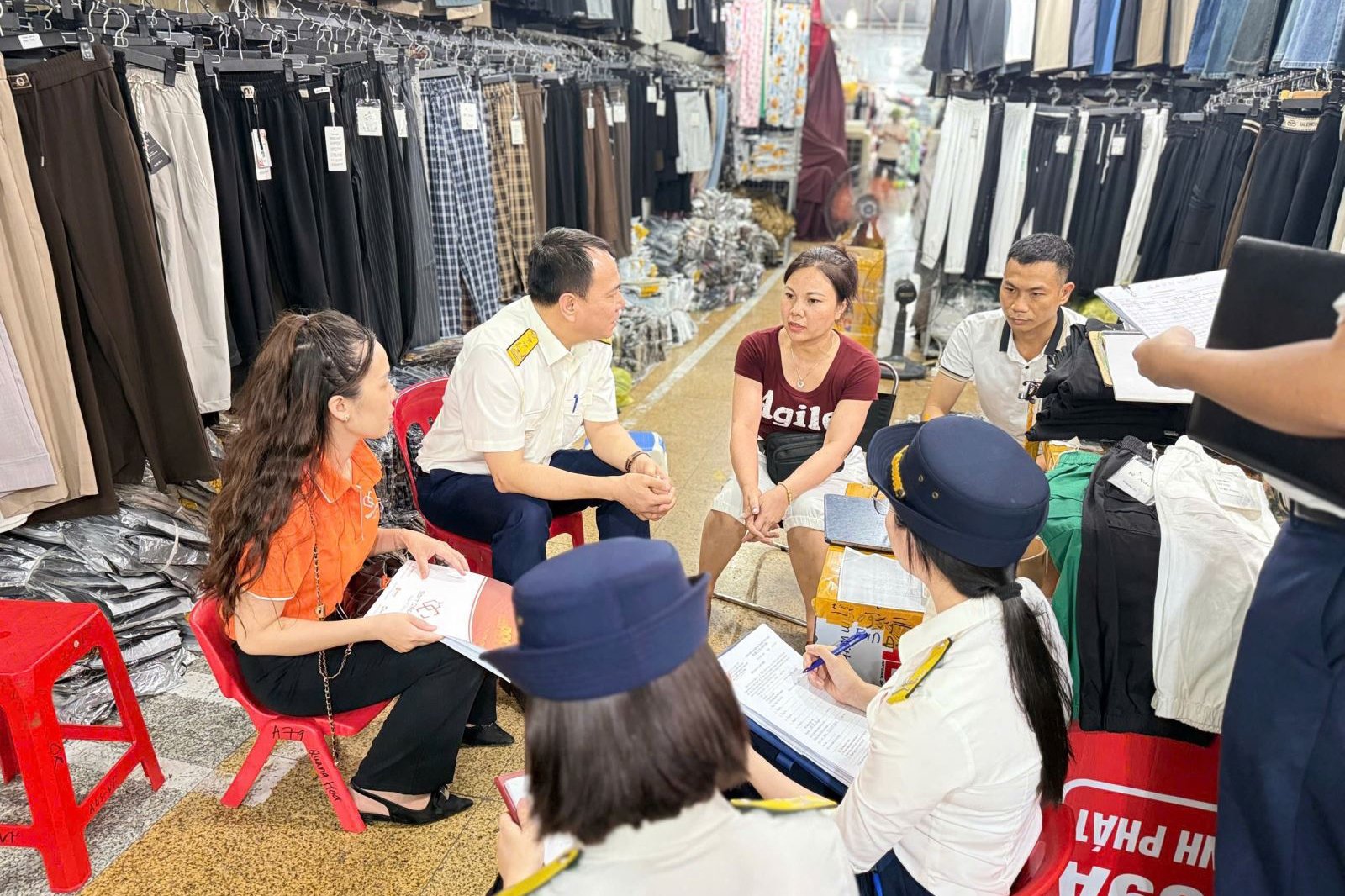








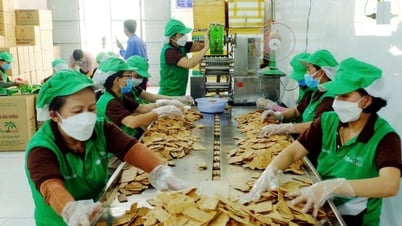

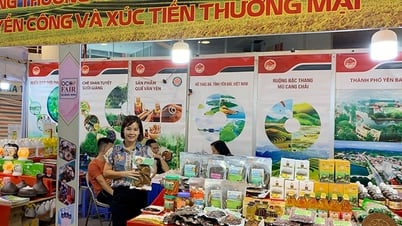

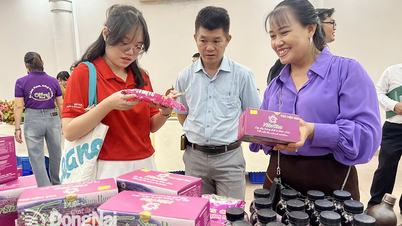

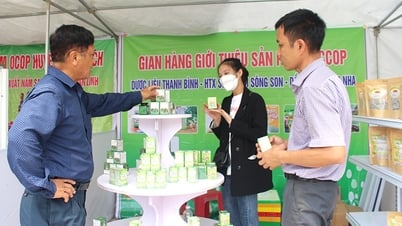

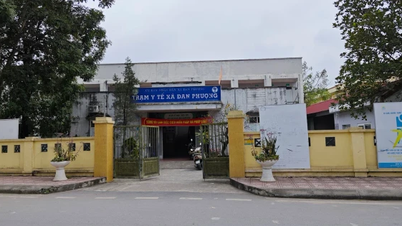





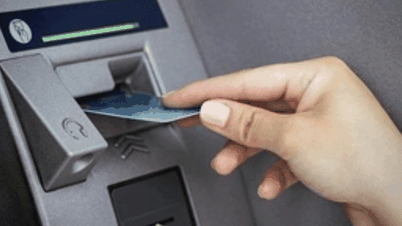


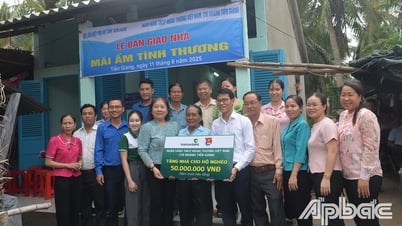
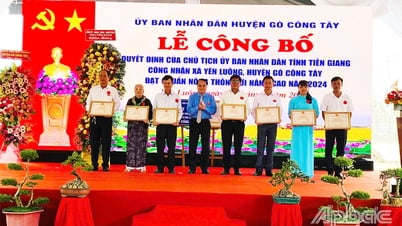













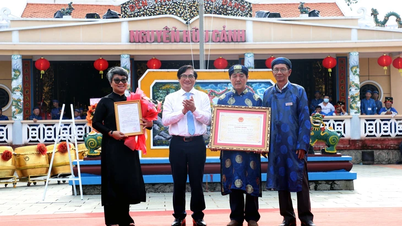

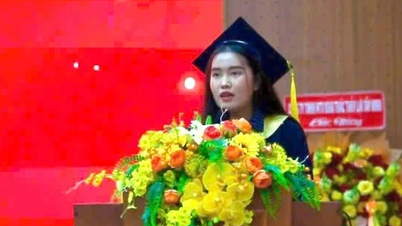

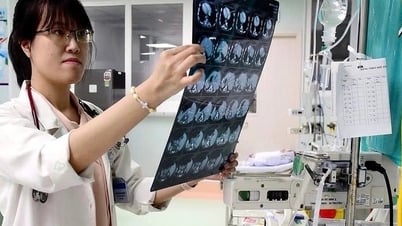







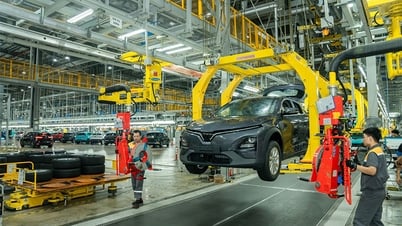

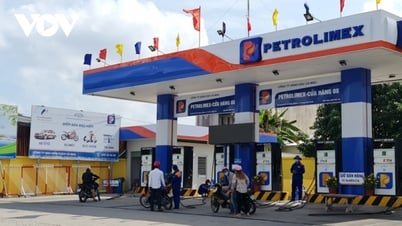

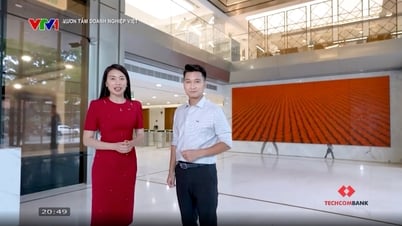
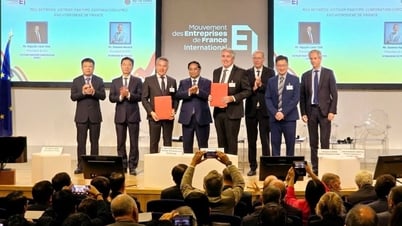
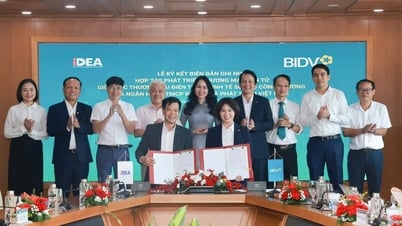
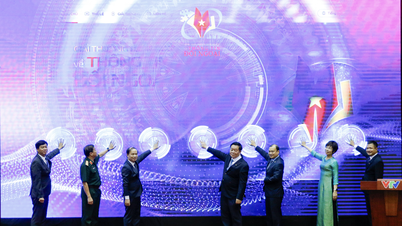
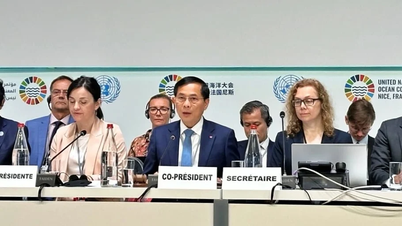

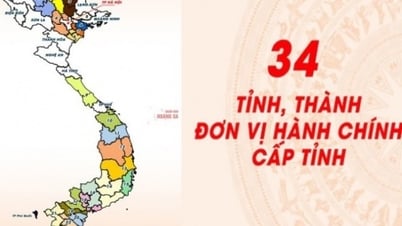







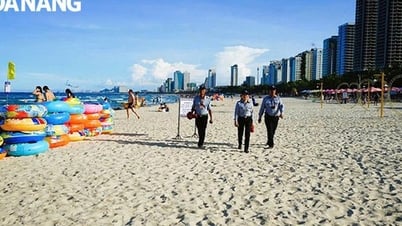
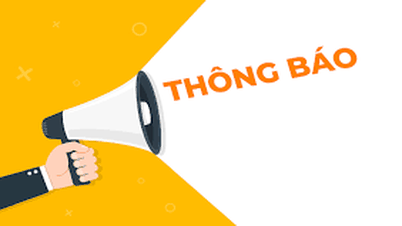



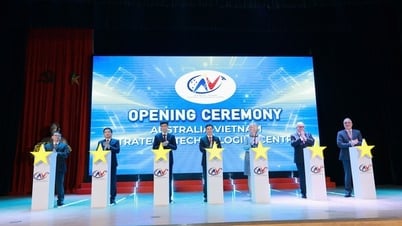

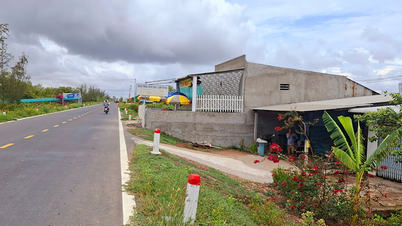










Comment (0)